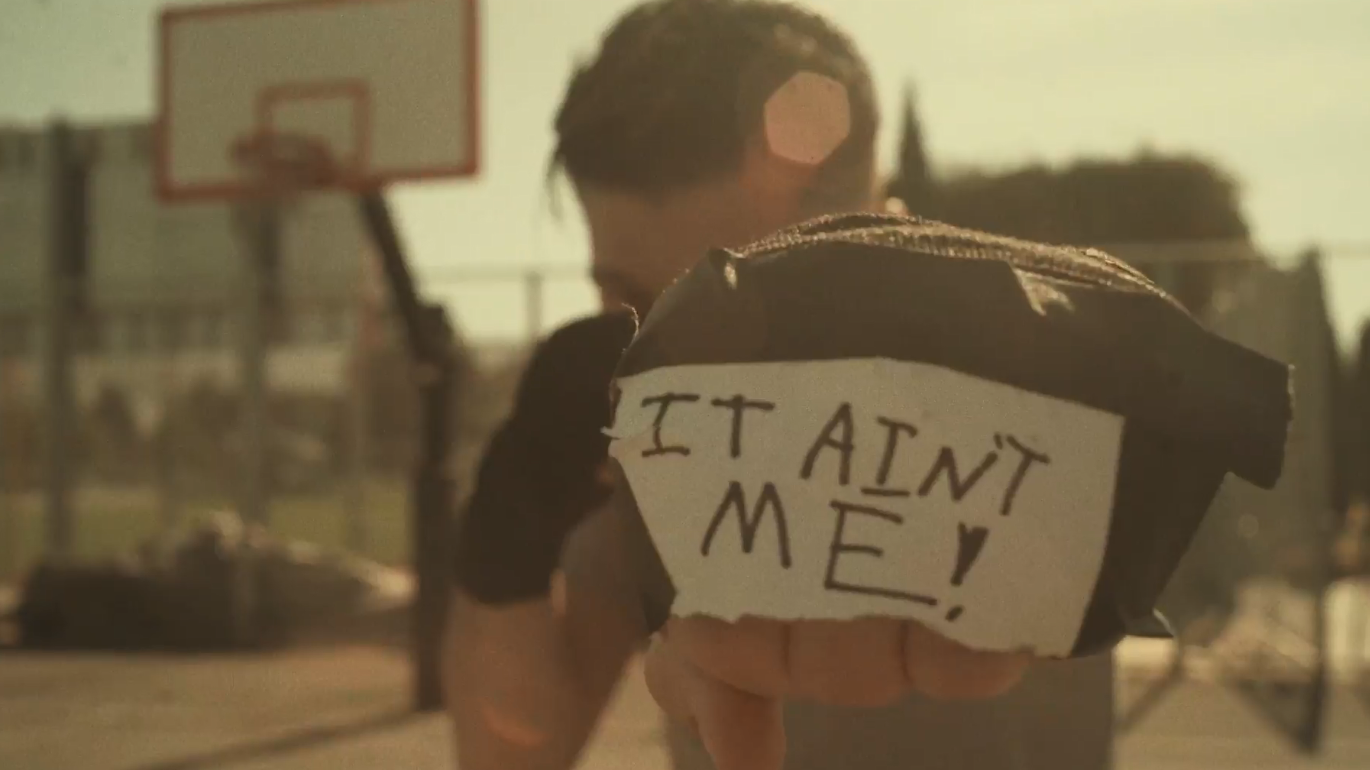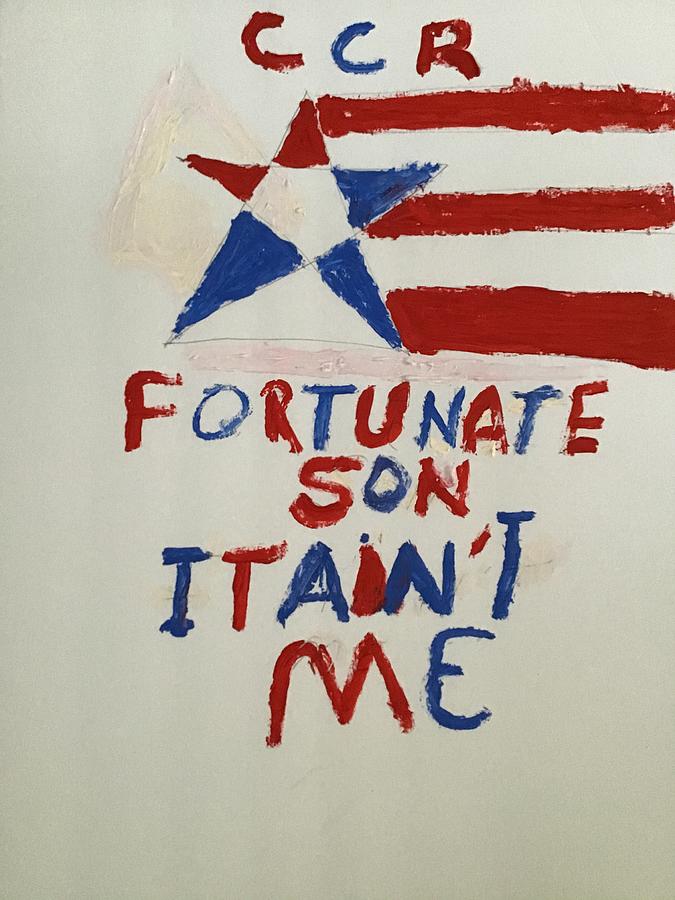

Ultimately, all of this was to ask me a question, which was:

Next, he recounted how the war in Vietnam, and the lives represented by the names etched on that wall in D.C., served to galvanize American society to demand action to stop the death and dying. On this point, I did not need his reminder, as I have a relative whose name is on that wall. He then reminded me of the 58,320 names on the Vietnam Memorial in Washington, D.C., representing those American men and women who lost their lives to the war in Vietnam. Specifically, he wanted to make sure I understood that American military engagement in Vietnam commenced in 1959, and concluded in 1973. He reached out because, after reading the report, he felt compelled to provide me some context for its findings. The day the report was made public, I received a note from a Vietnam veteran who I have come to know over the past few years. According to this report, over the last 10 years “at least” 60,000 military veterans have taken their own lives by suicide. Department of Veterans Affairs released the 2019 National Veteran Suicide Prevention Report. Instead, the demise of the draft has set the conditions for the casualties of our wars to perpetuate indefinitely here at home. However, with the benefit of a contemporary perspective, I would argue that those who say that the final casualty of the Vietnam War was the draft are unequivocally wrong. In fact, some have suggested that the activism and civic engagement of the America people, in response to who was – and who was not – fighting and dying in Vietnam, ensured that the final casualty of the war would be the draft itself. The war ended in 1973, and so did the draft. The injustices and inequities perceived to characterize the war in Vietnam, artfully put to music by CCR’s John Fogerty and others in the late 1960s, served to help galvanize otherwise disparate segments of American society against the war, and ultimately motivated politicians and policy makers to act. It went on to become one of the most iconic anti-war protest songs of the Vietnam War era. IVMF’s Executive Director Mike Haynie wrote the following on Fox News discussing the alarming veteran suicide rate and the missing outrage that should be accompanying it.įifty years ago, the band Creedence Clearwater Revival released a song titled “Fortunate Son.” It offered a powerful statement about the injustice of the military draft, and the inequity associated with who was – and who was not – fighting and dying in Vietnam.


 0 kommentar(er)
0 kommentar(er)
